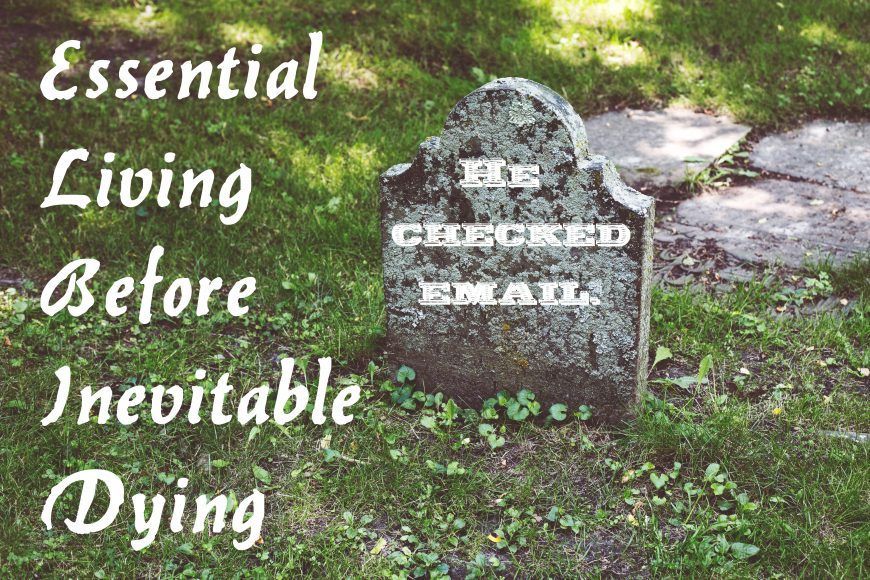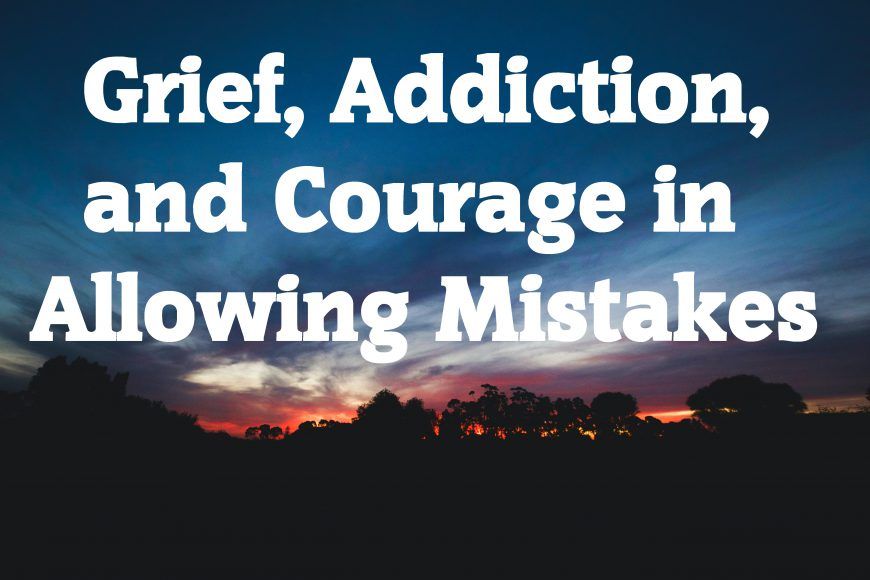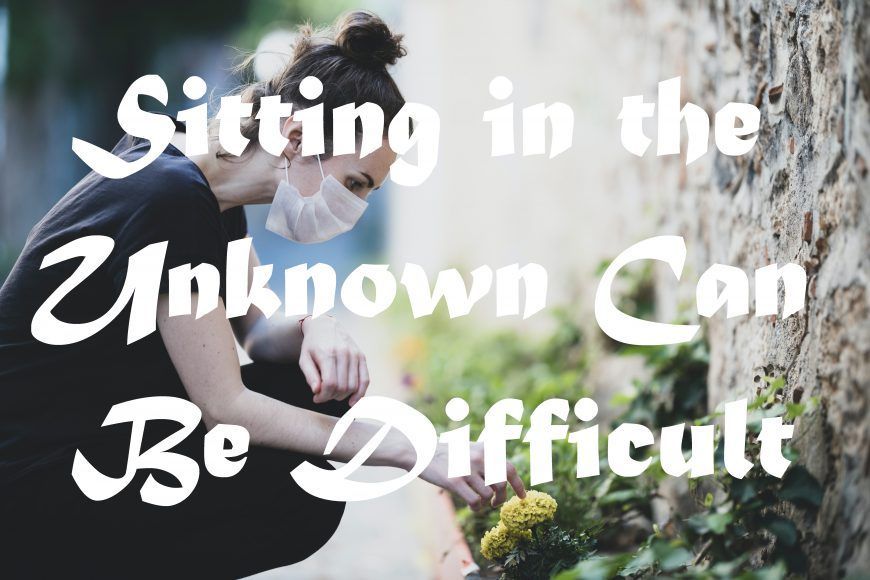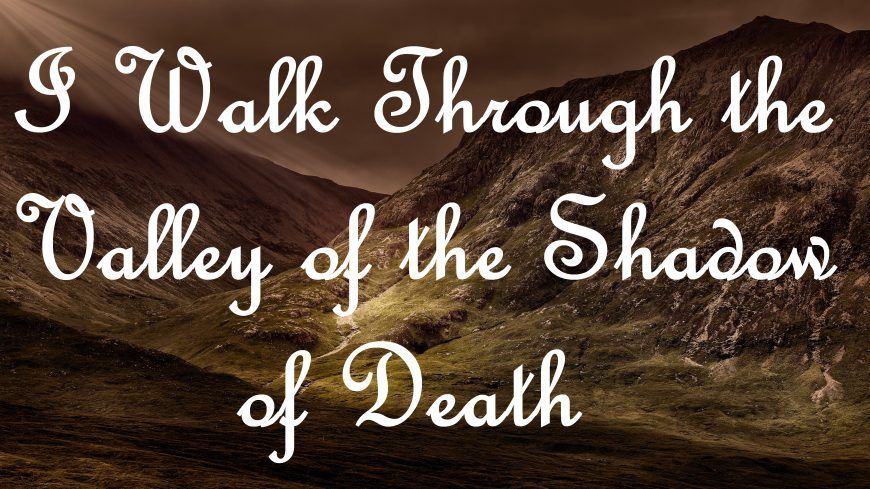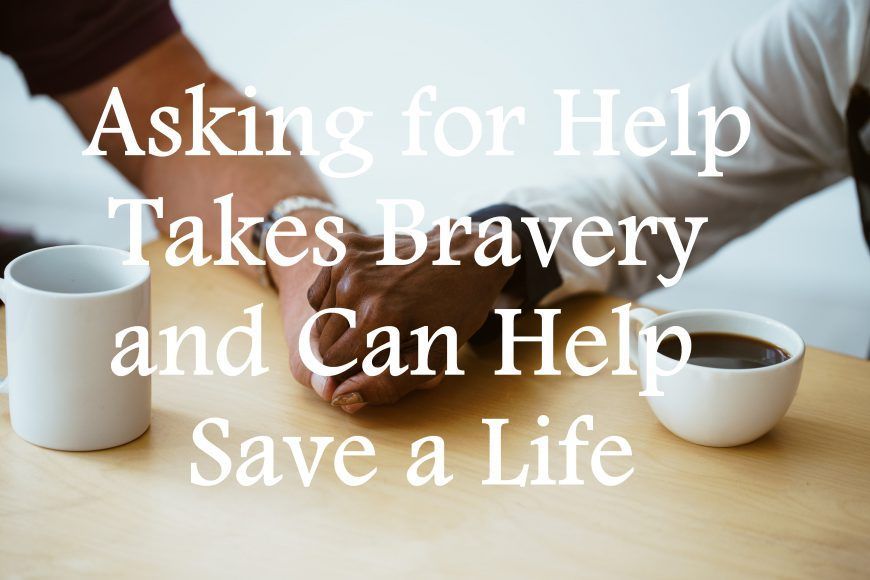Creating a Grief Support Network
Written by our in-house Grief Counselor, Amanda Nelsen.
As a grief therapist, I have found that people who have, or are able to create, a support network for themselves after a death of a loved one seem to have better outcomes in their grief overall. It can be key to helping yourself through the dark days. Below are some ideas to help you start or grow your own network.
1. Grief is isolating and connection is healing. Often we isolate ourselves when we are experiencing a lot of pain from grief. Many people will find a natural support network among their friends and family. Allow yourself to open up to those closest to you, even if it feels uncomfortable and not natural at first.
2. Groups and professionals. In addition to connecting with those you know and love, it can also be helpful to connect with a support group of others who are also navigating their grief. Support groups can provide a sense of community and understanding that you may not have with those already in your life. In addition, a professional, like a therapist or social worker, may also provide a safe space for you to explore your emotions and navigate the challenges of grief.
3. Acknowledge and express your emotions. There are a LOT of emotions that come with grief. Anger, sadness, shame, guilt, joy, relief, irritation, numbness, and so much more. Allow yourself to express and process all those emotions – and when you are ready, share them with those around you. It’s hard for others to support you if they don’t know what you are going through.
4. Express your needs clearly. Communication is key when you are building your support network. Your loved ones can’t help you if they don’t know what you want from them. Of course, this can be complicated when we aren’t even sure what we need or want, but even letting others know that YOU don’t know can be helpful.
5. Have flexibility and patience – with yourself and others. As you’ve probably discovered, grieving is very individual and everyone grieves at their own pace. People in your network will all be grieving differently. Holding space for compassion and understanding for them (and yourself) will be essential.
6. Share memories and create new traditions together. You might want to ask your support system to help you create a scrapbook, or organize a memorial event, or find other rituals that hold meaning to you. Having shared experiences strengthens your connection with others who also might be grieving.
7. Find ways to GIVE support. Many times when we are grieving we find it hard to think about others, because we are so full of pain ourselves or are just focused on surviving the next day. But when we find some space to help others, we usually find some healing. It might not seem like much, but dropping off a meal or a sending a text can really uplift someone else.
8. Setting boundaries within your support system. While support and connection are vital to grief, setting healthy boundaries is also important. You might want to keep certain memorial rituals to yourself, or carve out alone time. You may need specific types of support (and not want others). And this all might change over time. Check in with yourself regularly to figure out what boundaries are healthy for you, and then communicate them clearly to those around you.
9. Acknowledge and celebrate resilience and growth. Grief is about loss, but it can also be about resilience and growth. Find ways to celebrate the small moments with your support network. Share stories of strength and survival. Make healing a collaborative process – we can find solace in the journey of remembering our loved ones.

